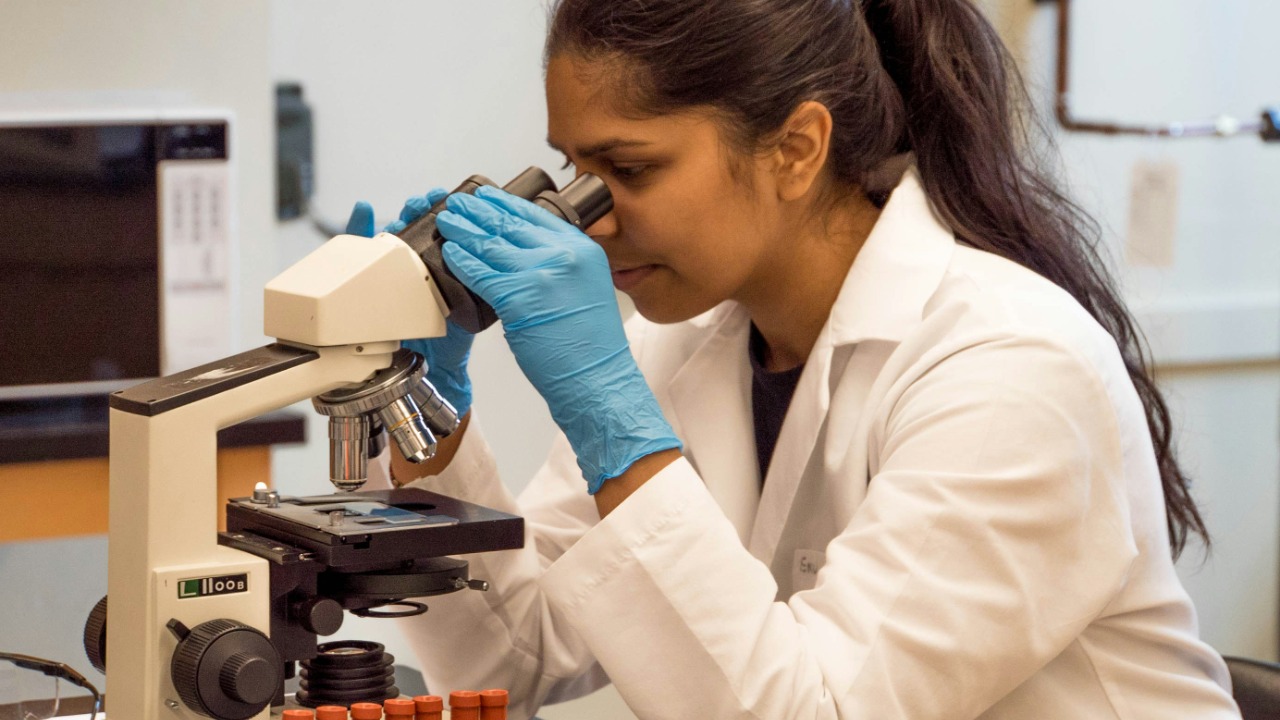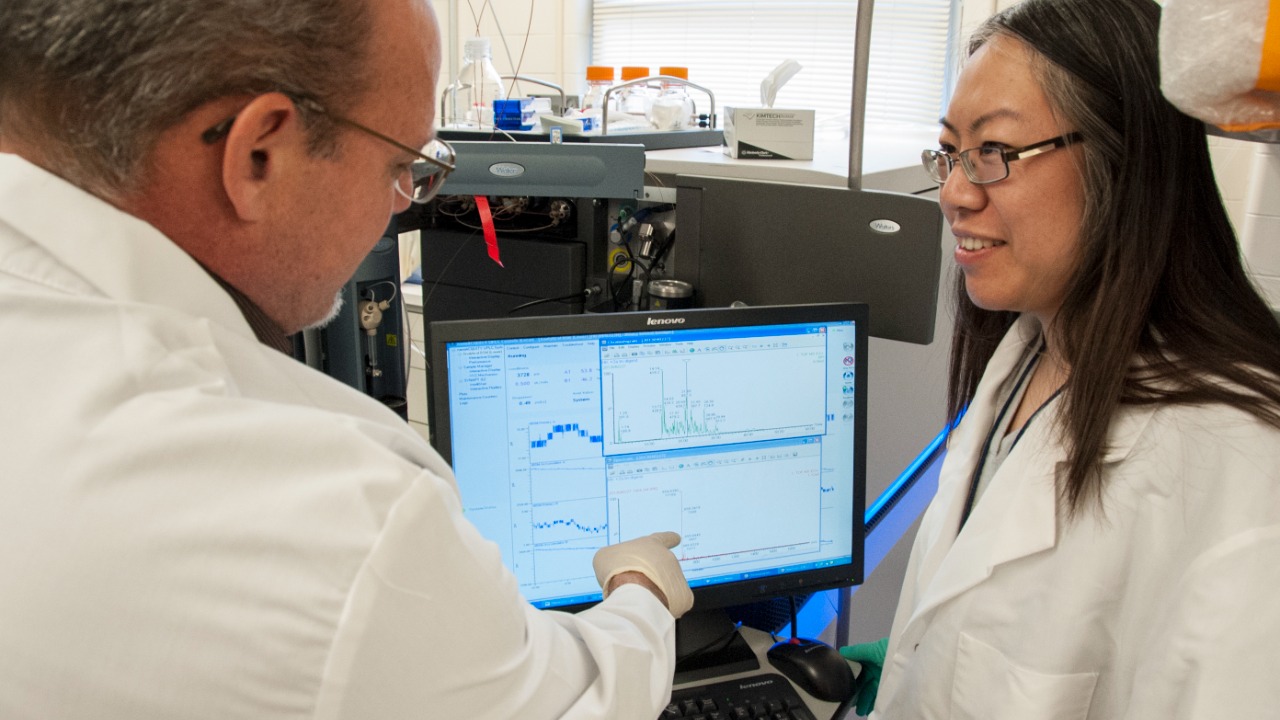In a groundbreaking achievement, scientists have successfully altered the blood type of a donated kidney, broadening its compatibility with potential recipients. This revolutionary development, reported in early 2024, could significantly expand the organ transplant pool by overcoming ABO blood group incompatibilities, a long-standing challenge in transplantation medicine.
The Science Behind Blood Type Conversion

At the heart of this breakthrough is an enzymatic process that removes A and B antigens from the kidney’s surface. This effectively transforms the organ from type A or B to type O, the universally compatible blood type for transplants. The role of specific enzymes, such as alpha-galactosidase, is crucial in this process. They are used to perfuse the organ, ensuring thorough antigen removal without damaging the kidney’s function1.
Following the conversion, initial viability tests were conducted to assess the kidney’s functionality. The results showed that the kidney maintained filtration rates and structural integrity for up to 24 hours under simulated conditions, demonstrating the potential of this technique for real-world applications2.
Challenges in Organ Compatibility

One of the major obstacles in organ transplantation is blood type mismatch, which can lead to hyperacute rejection. In the U.S., only 40% of potential recipients can receive kidneys from ABO-compatible donors3. This new method of blood type conversion could potentially overcome this hurdle, opening up a wider pool of donors.
However, there are still challenges to overcome. For instance, in xenotransplantation, where organs from one species are transplanted into another, immune responses can still occur even with converted organs. Early pig-to-human trials were halted due to antibody attacks4. Additionally, logistical hurdles such as cold ischemia time, where the converted kidney must be transplanted within hours to preserve viability, remain a concern.
Advances in Xenotransplantation

Despite these challenges, there have been significant strides in xenotransplantation. A landmark experiment saw a genetically modified pig kidney transplanted into a cynomolgus monkey, with the animal surviving for two years without immediate rejection. This was achieved through CRISPR edits to remove porcine antigens4.
These blood type conversion techniques could enhance pig kidney viability for human use, reducing the need for lifelong immunosuppression in recipients2. Ongoing trials are combining gene editing with enzymatic conversion to address both blood type and hyperacute rejection risks in cross-species transplants.
Kidney Function and Broader Health Impacts

The kidney plays a vital role in our bodies, acting as a filtration pump that processes 180 liters of blood daily to remove waste. The conversion process preserves this pump-like mechanism, which is essential for blood cleanliness5.
Successful blood type-altered kidneys could alleviate the burdens of chronic kidney disease, which affects over 37 million Americans. By increasing access to transplants, these advancements could lead to reduced dialysis dependency and improved quality of life for patients3. As research progresses, the potential long-term outcomes of this groundbreaking technique will continue to unfold, offering hope for millions of patients worldwide.